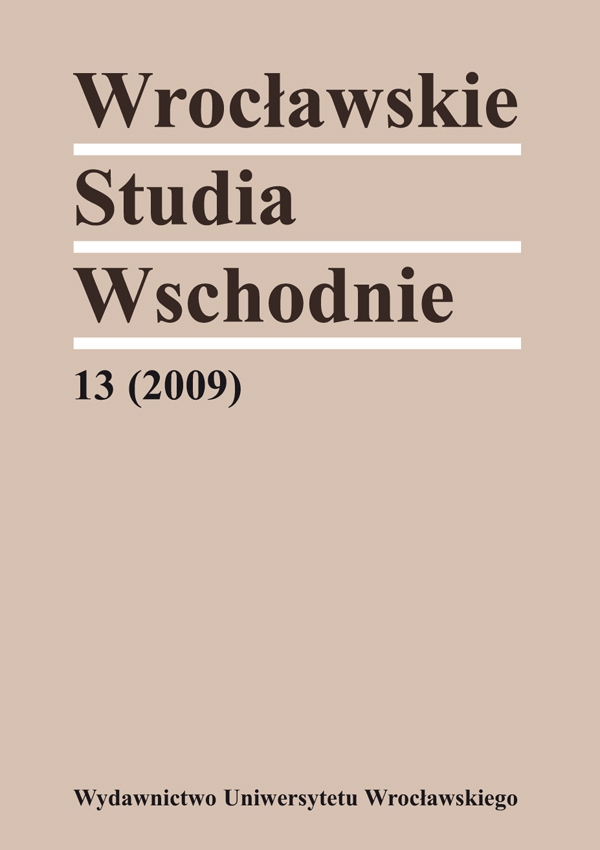

Artykuły

Сибирские судьбы бужских голендров
Судьбы небольшого лютеранского сообщества, поселившегося у реки Буг с половины XVI века, это пример неоднородности и сложности процессов, составляющих культур-ное самосознание. Голендры как этническое и религиозное меньшинство, на протяжении столетий функционирующее в польско-украинской пограничной полосе, сохранили свое своеобразие, и одновременно адаптироьашсь к среде. Их языковую картину мира, являющуюся результатом длительной адаптации, строилu, с одной стороны, польский язык как религиозный язык, с другой стороны – местный говор, преобладающий в повседневной жизни. Этот проявляющийся в основном в языке гибридный характер самосознания сохранили до сегодняшнего дня бужские голендры, проживающие в районе Иркутска. Это потомки группы голендров, которые по экономическим причинам эмигрировали в начале XX века в Сибирь в рамках царской колонизации. Их история и фольклор, которые для старшего поколения все время остаются частью собственного опыта, стали предметом музееведения, вписывающимся в посттрансформационную российскую политику „национального возрождения”. Статья основана на собственных наблюдениях и материалах, собранных во время этномузыкологической экспедиции в 2006 году.
The Siberian fate of the “Bug Haulander”
The fate of a small Lutheran community that settled on the River Bug in the mid-16th century is an example of the variety and complexity of processes that make up cultural identity. As an ethnic and religious minority living for centuries on the Polish-Ukrainian border, the Haulander maintained their distinctiveness but at the same time adapted to their surroundings. Their linguistic picture of the world, which resulted from a long adaptation process, was influenced on the one hand by Polish as the language of religion, and on the other by the local dialect, which dominated the everyday life. This hybrid nature of their identity, reflected primarily in the language, has been preserved to this day by the “Bug Haulander” living near Irkutsk. They are descendants of a group of Irkutsk who for economic reasons emigrated in the early 20th century to Siberia under a tsarist colonisation programme. Their history and folklore, which for the older generation are still part of their own experience, have become museumised in a process that is part of Russia’s post-transformation policy of “national revival.” The article is based on the author’s own observations and materials gathered during an ethnomusicological trip in 2006.